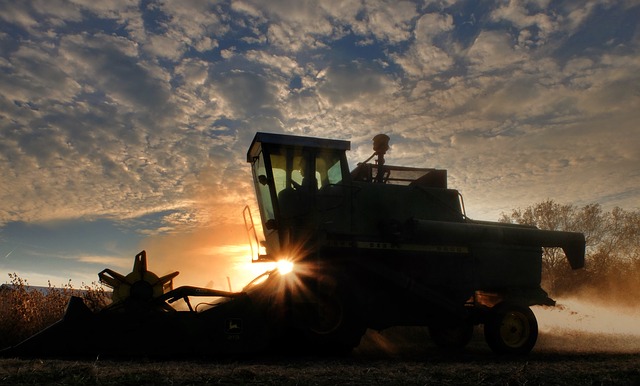Why CRISPR-Edited Food May Be in Supermarkets Sooner Than You Think
By Kristen V. Brown,
Gizmodo
| 01. 16. 2018
In September, the U.S. Department of Agriculture gave the green light to a version of the plant Camelina sativa, an important oilseed crop that had been genetically engineered using CRISPR to produce enhanced omega-3 oil. What was interesting about this approval was that the USDA did not ask that the inventors of the plant endure the usual regulatory hoops required to sell biotech crops. The next month, a drought-tolerant soybean variety developed with CRISPR also got a quick pass from the USDA.
That’s because while those crops were certainly gene-edited, they were not genetically “modified,” according to USDA regulations. While scientists used CRISPR to snip and tweak the plant’s DNA, they did not add any foreign DNA to it. This, the USDA has now repeatedly found, means those CRISPR-edited plants fall outside of regulatory purview.
An interview in Nature with the CEO of Yield10 Bioscience, which developed the camelina, gives new insight into how that regulatory technicality is already making it significantly faster and cheaper to bring new biotech plants to market—shaving years and tens of millions of dollars...
Related Articles
By Jonathan Matthews, GMWatch | 12.11.2025
In our first article in this series, we investigated the dark PR tactics that have accompanied Colossal Bioscience’s de-extinction disinformation campaign, in which transgenic cloned grey wolves have been showcased to the world as resurrected dire wolves – a...
By Jessica Hamzelou, MIT Technology Review | 11.07.2025
This week, we heard that Tom Brady had his dog cloned. The former quarterback revealed that his Junie is actually a clone of Lua, a pit bull mix that died in 2023.
Brady’s announcement follows those of celebrities like Paris...
By Lauran Neergaard, AP News | 11.03.2025
WASHINGTON (AP) — The first clinical trial is getting underway to see if transplanting pig kidneys into people might really save lives.
United Therapeutics, a producer of gene-edited pig kidneys, announced Monday that the study’s initial transplant was performed successfully...
By Meagan Parrish, PharmaVoice | 10.10.2025
When CEO Ben Lamm steps into the spotlight, it’s usually to talk about his efforts bringing extinct animals back to life. Once a far-flung idea, Lamm and the company he heads, Colossal Biosciences, have proven they can pull it off...




